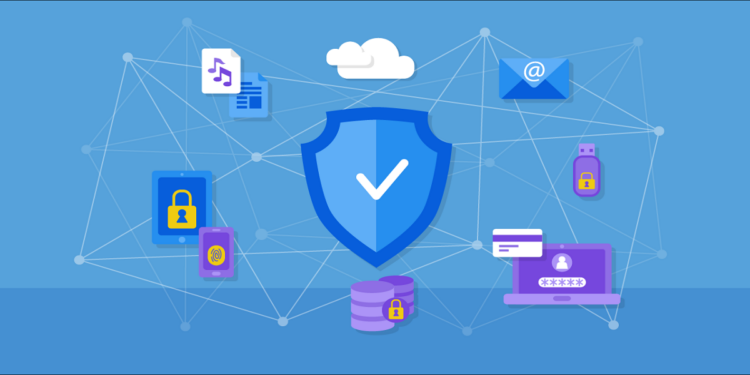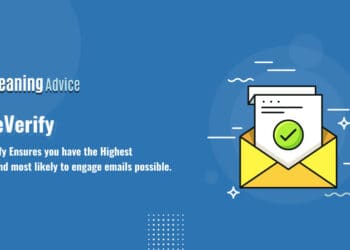WordPress is prone to hackers attacks as a result of plugin vulnerabilities and weak passwords. Unfortunately, the majority of beginners do not understand how to keep their WordPress websites secure. And that’s a danger sign. For instance, if hackers access your website and maybe inject your blog files and steal your backlinks, it’s devastating since it will cost you lots of money and cause your blog sales to drop. Therefore, it’s critical that you take precautions in order to safeguard your WordPress sites.
Below are tips to enhance the security of your website security tips;
Use WordPress Static site generator
You can utilize a WordPress Static site generator to convert your current WordPress site into a static site that you can host on a static hosting provider, a CDN, or your server. It’s essential in that it will enhance your website’s performance and security by removing the connection between your static website and your traditional server. Some of the popular WordPress Static site generators include Simply Static and more
You should have a limit on the Login attempts of your site
If the hackers have the liberty to attempt to log in to your site endless times, they may eventually succeed in accessing the site. But if you limit the logins, you can enhance the security of your WordPress site by creating an extra barrier. You can use WordPress plugins to limit logins. Some include WP Limit Login Attempts and Login LockDown.
Change the passwords often
Changing the passwords frequently is a game-changer. You should change it after every three months. Be sure to create a new strong password to make that hackers cannot guess easily. Below are best practices for creating a strong WordPress Password;
When you want to create a user or admin password for a WordPress site, apply the following best practices in order to create a strong password with the following features;
- It should have more than eight characters
- You should combine both numbers and letters
- Include special characters like @$%&
- You shouldn’t use personal information as passwords like social security numbers or birthdates.
Back-Up your Website frequently
If you have a backup for your site, you will lessen the effects of a cyberattack. Creating a backup is a way of ensuring that your data is safely stored somewhere else. If need be, you’ll use the backup to ensure your account gets back to track easily even after anything unexpected happens. You can back up your data regularly using a plugin like Jetpack or any other suitable option.
Change the login URL
Accessing the WordPress dashboard is done through YOURSITE.com/wp-login.php and YOURSITE.com/wp-login PHP. Hackers are aware of this, which explains why they use the two URLs to access your databases. But if you change the login URL, you’ll keep the hackers guessing.
Keep Your Website Updated
WordPress releases regular updates to boost features and security. Therefore, by keeping your WordPress updated, you‘ll protect your website against malicious bugs. Note that you can use your dashboard section to update WordPress. Every time an update is released, you’ll see an alert at the top section of your dashboard. This way, you can install a recent version easily.
Use SSL Encryption
A Secure Socket Layer (SSL) certificate helps safeguard data transmitted between the server and the user’s browser. You can purchase this certificate via a third party such a RapidSSL or via a hosting provider. This will boost your site’s security and improve your ranking in the search engines because Google mostly rewards websites using SSL.






